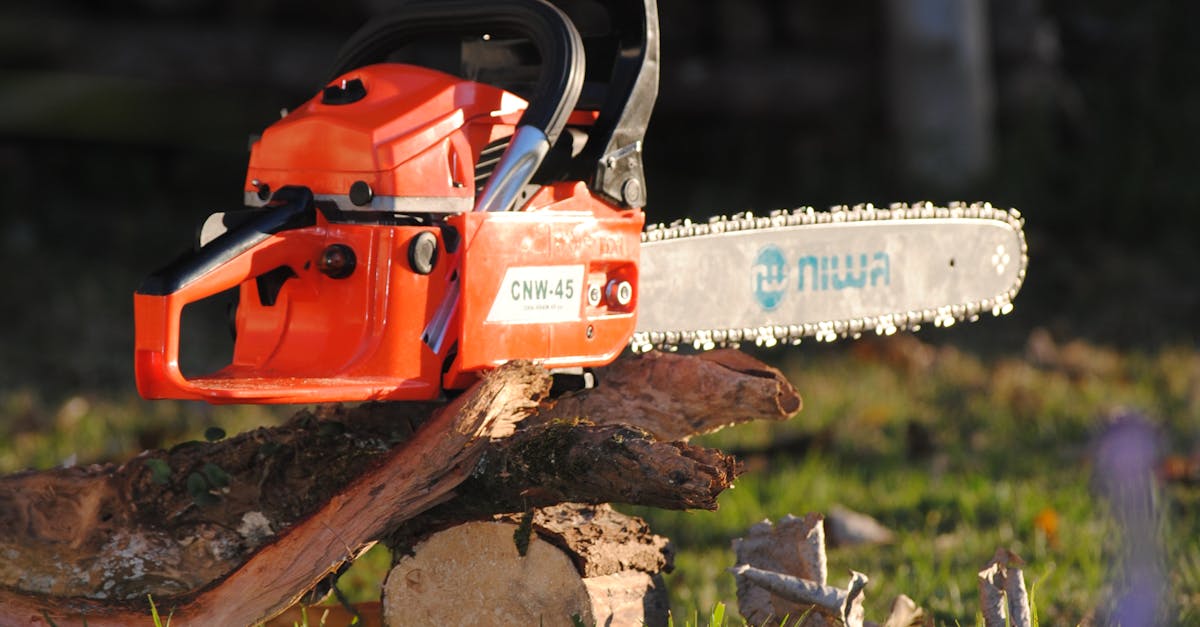Lawn Upkeep

Lawn Upkeep
Lawn care is essential for maintaining a healthy and vibrant yard, creating an inviting space for relaxation and outdoor activities. One of the critical aspects of lawn upkeep is effective Weed control treatments. Weeds can quickly overrun a yard, competing with grass for essential nutrients and water. Therefore, implementing the right weed control treatments not only safeguards the health of your lawn but also enhances its overall appearance.
In addition to boosting your lawn’s aesthetic appeal, effective yard maintenance practices, such as proper mowing techniques and aeration, work hand in hand with weed control treatments. A pristine yard reflects dedication and care, making it crucial to stay on top of all aspects of grass management. By understanding the various types of weed control treatments available and integrating them into your lawn care routine, you can ensure a lush and thriving landscape that serves as the envy of the neighborhood.
Top Lawn Fertilizers for Healthy Appearance
Caring for a lawn calls for the right fertilizers to promote healthy appearance. Choosing top fertilizers can produce a significant improvement in how your lawn thrives. Organic choices, such as fish emulsion, are not only enrich the soil but also encourage beneficial microbes. Artificial fertilizers can provide quick results, making them ideal for people seeking rapid improvements.
For optimal results, keep in mind the specific needs of your lawn when selecting fertilizers. Analyzing your soil can help you determine which elements are lacking. Applying a balanced food that includes nitrogen is crucial for promoting strong roots and overall lawn health. Frequent application of such fertilizers can ensure that your lawn remains healthy and beautiful throughout the growing season.
Understanding Different Nutrients along with What They Benefits
Nutrients are essential for maintaining a healthy lawn. Understanding the different types of fertilizers available can help homeowners create informed decisions. Organic fertilizers, such as compost and manure, provide slow-release nutrients that improve soil quality. Chemical fertilizers, on the other hand, often deliver quick results, supplying essential elements like nitrogen, phosphorus, and potassium. Each type has its own set of advantages that cater to specific lawn needs.
The right choice of fertilizer can significantly impact lawn health. Organic options not only nourish the grass but also enrich the soil, promoting beneficial microbial activity. Chemical fertilizers usually result in faster growth, making them ideal for quick fixes. Understanding the benefits of each type allows homeowners to tailor their lawn care strategies effectively. Choosing the right fertilizer based on soil condition, grass type, and climate can lead to a lush, green lawn that stands out in any neighborhood.
Moisture Strategies for a Thriving Lawn
A key element of upkeeping a grass area comes from effective irrigation methods. Grasping the water needs of your grass serves as critical to its overall vitality. Thorough watering, that fosters deep root growth, should be executed less frequently but more thoroughly. This approach guarantees that the roots extend to lower soil layers, where they can find moisture even during drier periods.
Moreover, timing of watering plays a significant role in lawn maintenance. Irrigating in the morning or in the late afternoon aids minimize evaporation, enabling more moisture to penetrate the soil. Using a drip irrigation system can also be a wise choice, as it delivers water directly to the roots. By employing these methods, you can improve the thrive of your lawn while protecting water resources.
Tips for Effective Watering for Conserve Water
Watering can be the key factor of garden maintenance. To save water, one is essential to water during the chillier periods of the morning or evening, such as early morning or late evening. This prevents evaporation while also guarantees that the grass absorbs the most amount of moisture.
Utilizing a efficient watering system, like sprinkler systems, can support in focusing the hydration to. Additionally, monitoring the weather may aid in adjusting the watering schedule in line with precipitation and climate conditions. This not only saves water usage but also supports a healthy and vibrant yard.
The Impact of Soil Aeration in Grass Care
Soil aeration has the crucial function in enhancing grass health. By breaking up the compacted soil, soil aeration enables airflow to penetrate the roots more efficiently. This enhanced oxygen flow encourages deeper root growth, leading to more robust grass. Furthermore, it promotes the absorption of water and nutrients, resulting in a more thick lawn that can better resist dry spells and diseases.
Understanding the significance of soil aeration is essential for any grass care regimen. Regular aeration helps in reducing soil compaction, which is commonly caused by foot traffic and heavy equipment usage. In the absence of proper aeration, lawns can become weak and more prone to weed growth. Implementing a consistent aeration schedule can renew your lawn, ensuring it remains lush and full of life. Taking the time to perform aeration can lead to a more resilient lawn that is easier to maintain.
Methods Soil Aeration Helps The Lawn by Boosting Air Flow
Aeration can be a important process for caring for the yard health. The method involves establishing minute openings through the ground that boost air and flow in oxygen as well as water into the grass. This boosts grass root development that leads to the more robust yard in general.
Moreover, aeration can help minimize compaction which typically occurs from prolonged use or machinery. Through enhancing the structure, this enables essential nutrients to reach deeper layers within the, guaranteeing which the grass benefits from the nutrition it needs to thrive. Ultimately, aeration acts to become a key factor in maintaining an lush yard.